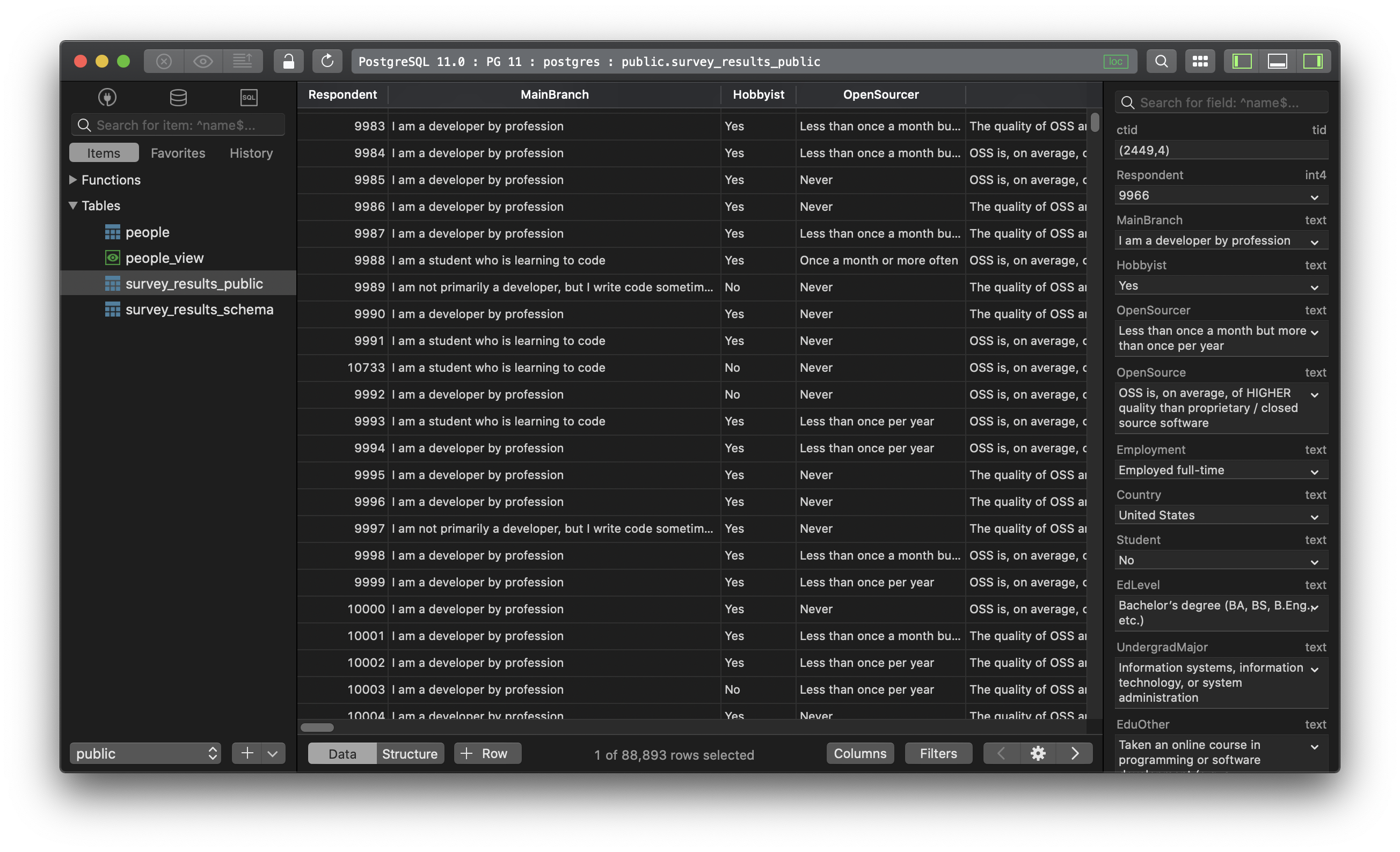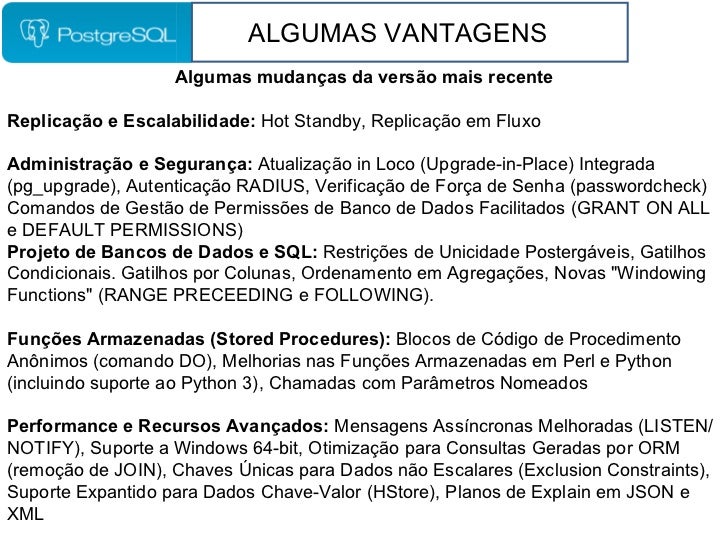These variants are similar in many ways, but they are different enough to be described separately. The SQL standard provides for a USAGE privilege on other kinds of objects: character sets, collations, translations. You can GRANT and REVOKE privileges on various database objects in PostgreSQL. The PRIVILEGES key word is optional in PostgreSQL, though it is required by strict SQL. The name of an object to which to grant access.

The possible objects are: table, view, sequence. PUBLIC − A short form representing all users. GROUP group − A group to whom to grant privileges. Each schema correlates to an application.
Query grants for a table in postgres. Grant all on a specific schema in the db to a. If GRANT OPTION FOR is specifie only the grant option for the privilege is revoke not the privilege itself. Otherwise, both the privilege and the grant option are revoked. If a user holds a privilege with grant option and has granted it to other users then the privileges held by those other users are called dependent privileges. So üben Sie Ihre Mitbestimmungsrechte aus und schließen eine Betriebsvereinbarung ab.
The owner is usually the one who executed the creation statement. In this gude, we will discuss how to properly manage privileges and user grant permissions. This will allow you to provide your applications the privileges they need without allowing them freedom to affect separate databases.
I think postgres could be much more popular if they just added a default user with a default password with a default database or the power to create one, and also allowed connections from other computers without having to dig through a million documents. It looks like a good database, but they really try hard to keep the learning curve really steep. I have a group role called staff and would like to grant all (or certain) privileges to this role on tables in a particular schema.
PostgreSQL grants default privileges on some types of objects to PUBLIC. Normally an owner has the role to execute certain statements. For most kinds of objects, the initial state is that only the owner (or a superuser) can do anything with the object. To allow other roles to use it, privileges must be granted. How to Grant Permissions in PostgreSQL.
When a database or table is create usually only the role that created it (not including roles with superuser status) has permission to modify it. We can alter this behavior by granting permissions to other roles. We can grant permissions using the GRANT command. It is easier to manage roles as a group so that you can grant or revoke privileges from a group as a whole. In PostgreSQL, you create a role that represents a group, and then grant membership in the group role to individual user roles.

By convention, a group role does not have LOGIN privilege. I grant select to one user for all tables in a DB?
Keine Kommentare:
Kommentar veröffentlichen
Hinweis: Nur ein Mitglied dieses Blogs kann Kommentare posten.